Pakistan’s new cybercrime law: A timeline of growing suppression
From journalists to activists, the country’s PECA law is rapidly expanding its reach, stifling free speech

Zain Ul Abideen
Senior Producer
Zain Ul Abideen is an experienced digital journalist with over 12 years in the media industry, having held key editorial positions at top news organizations in Pakistan.

Critics argue that PECA law has turned into a digital bludgeon, wielded against voices critical of the state.
Shutterstock
There has been a flurry of cases filed under Pakistan’s new cybercrime law, the Prevention of Electronic Crimes Act (PECA), against individuals from various backgrounds, including journalists, activists, and political figures, since its recent amendment.
The law, originally framed to curb online crimes, is increasingly being used as a tool for suppression, with critics arguing it has become a mechanism for stifling dissent.
What was initially presented as a safeguard against cyber threats has evolved into a legal instrument frequently deployed against those challenging state narratives.
Human rights organizations and press freedom advocates have raised alarms over the broad and ambiguous language in PECA, which allows authorities to interpret and apply the law selectively.
Journalists and political activists who engage in online discourse critical of the government or state institutions have found themselves facing criminal charges, often under vague allegations of spreading "fake news" or "defaming" public officials.
What’s PECA law?
In January 2025, Pakistan's parliament enacted significant amendments to the Prevention of Electronic Crimes Act (PECA) 2016, introducing stricter regulations on digital expression and imposing harsher penalties for online offenses.
Key amendments
Criminalization of 'fake or false information': The amendments introduce a new offense for intentionally disseminating false information that could cause fear, panic, disorder, or unrest. Conviction may result in up to three years of imprisonment or fines up to PKR 2 million.
Establishment of regulatory bodies: The legislation proposes the creation of four new government-controlled bodies, including the Social Media Protection and Regulation Authority, tasked with regulating online content.
These bodies are authorized to block or remove content deemed unlawful and enforce compliance among social media platforms.
Expanded definitions and compliance requirements: The definition of "social media platforms" has been broadened to encompass websites, applications, and tools facilitating digital communication. Platforms may be required to register with the government, establish local offices, and appoint representatives in Pakistan.
Criticism and concerns:
The amendments have faced significant opposition from journalists, human rights organizations, and civil society groups:
- Vague provisions: Critics argue that terms like "fake or false information" are not clearly defined, potentially leading to misuse against dissenting voices.
- Suppression of free expression: There are concerns that the law could be used to target journalists, political activists, and human rights defenders, effectively penalizing criticism of state institutions.
- Lack of consultation: The amendments were passed without meaningful consultation with relevant stakeholders, raising questions about transparency and inclusivity in the legislative process.
A timeline of suppression under PECA
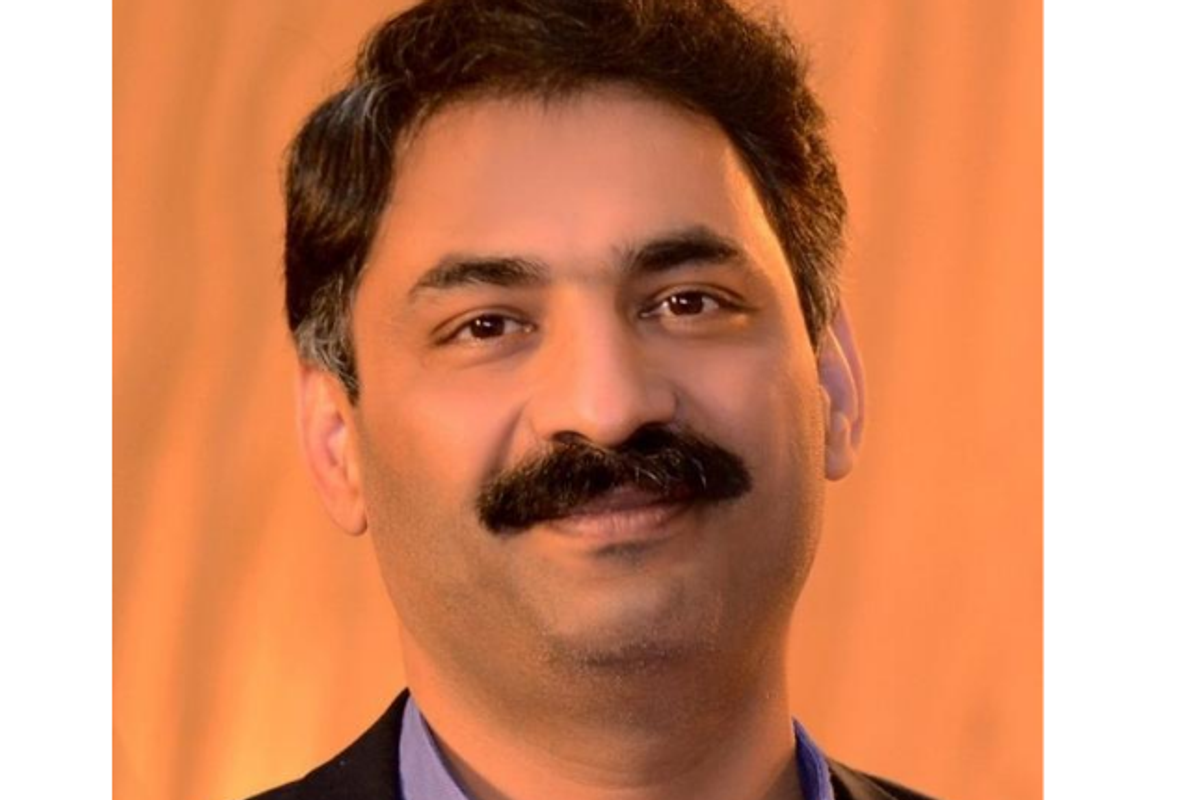
March 15 – ‘Cyberterrorism’ cases against journalists and activists
The Federal Investigation Agency (FIA) filed cases against journalist Ahmed Noorani, activist Aina Durkhanai, and lawyer Shafeeq Ahmed under PECA’s sections 9, 10, and 26-A, accusing them of "cyberterrorism" following the deadly Jaffar Express attack in Balochistan.
All three live abroad and stand accused of glorifying the banned Balochistan Liberation Army (BLA) and spreading "misleading" information.
Disappearance of Noorani’s brothers
On March 21, the Islamabad High Court heard a petition regarding the alleged abduction of Noorani’s two brothers, who were taken by unidentified plainclothed men.
Despite receiving a complaint, police did not register an FIR. Amnesty International condemned the incident as part of Pakistan’s "relentless repression of dissent."
March 16 – PTI activist arrested for ‘inciting unrest’
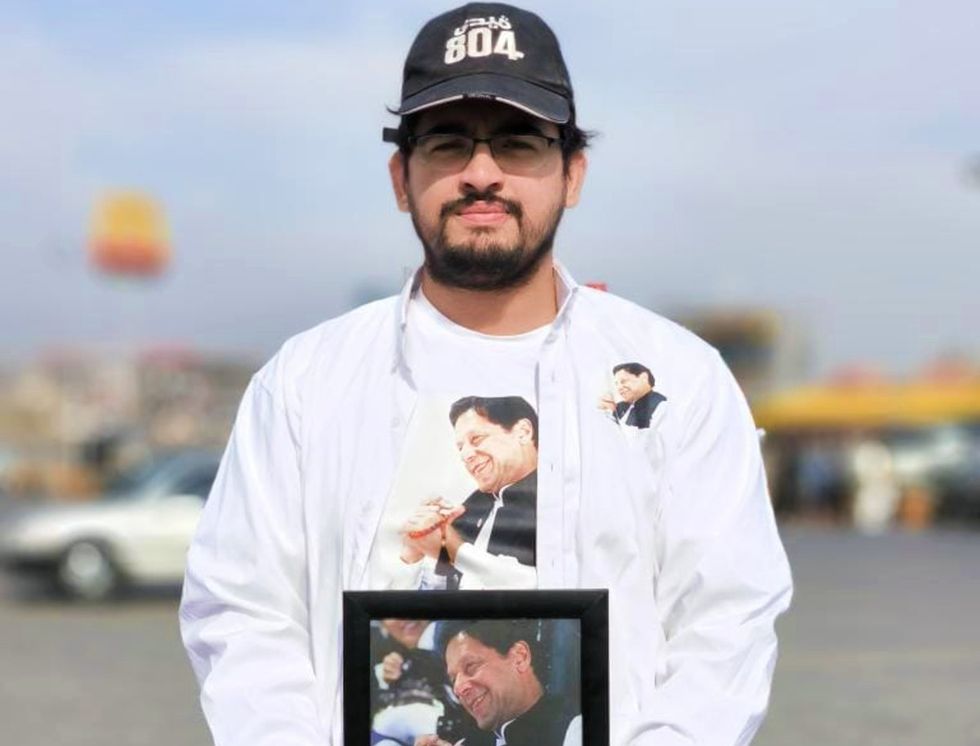
A local Islamabad court remanded Haider Saeed, a PTI activist, into FIA custody.
Saeed was accused of disseminating "fake news" and allegedly promoting the BLA. He was booked under the same PECA sections as those charged a day earlier.
March 20 – Journalist Farhan Mallick arrested in Karachi
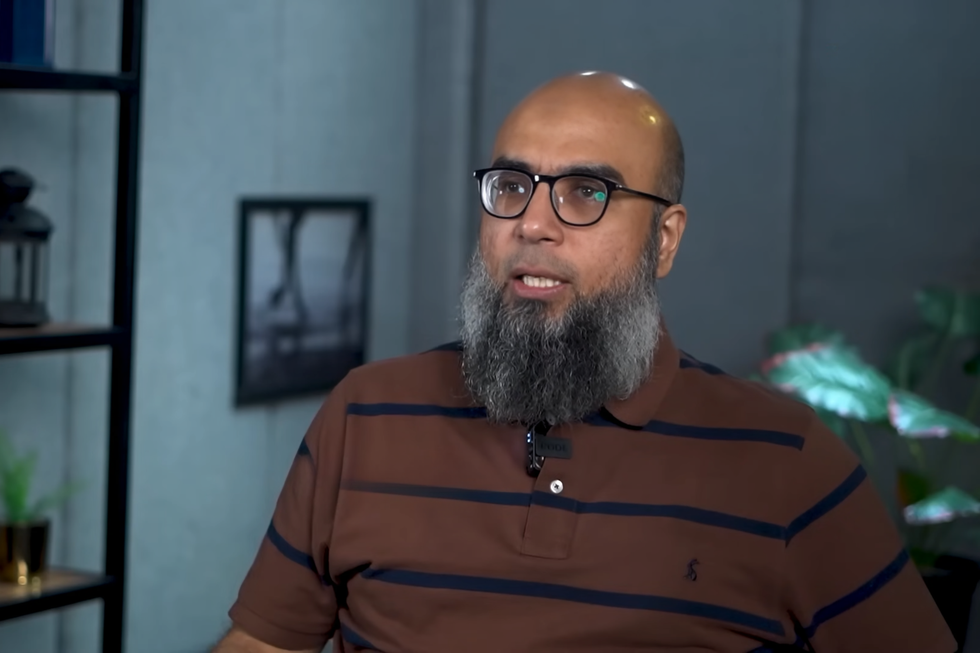
Mallick, founder of digital outlet Raftar, was arrested after being summoned to FIA headquarters.
He was booked under multiple PECA provisions, including sections 16 (unauthorized identity use) and 20 (offenses against dignity).
March 26 – Journalist Waheed Murad arrested
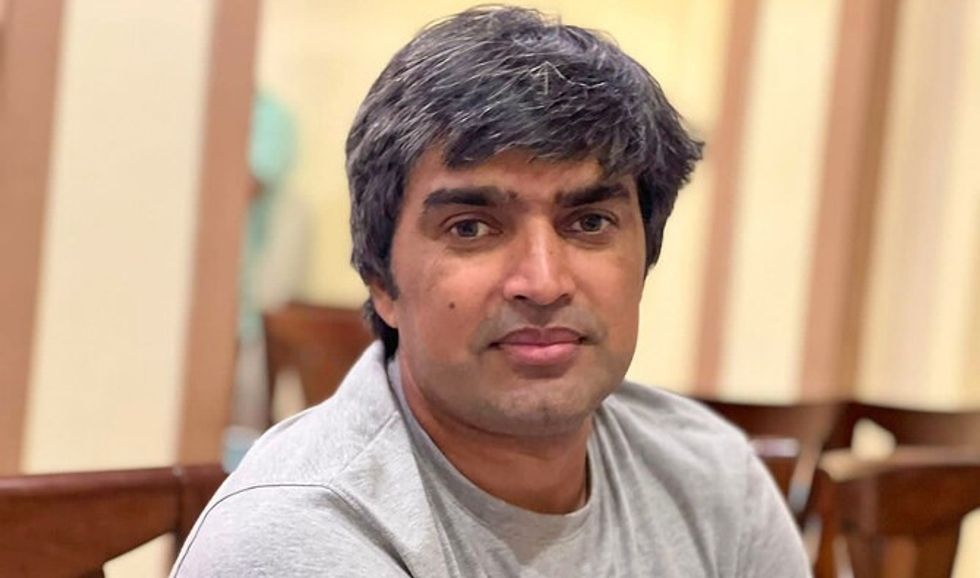
Murad, a journalist for Urdu News, was allegedly taken from his home by masked men before being formally arrested.
He was booked under PECA for reposting a report critical of Pakistan’s army chief.
His colleague, who attempted to document the incident, was assaulted and forced to surrender his phone.
February 6 – PML-N lawmaker accused of ‘fake news’
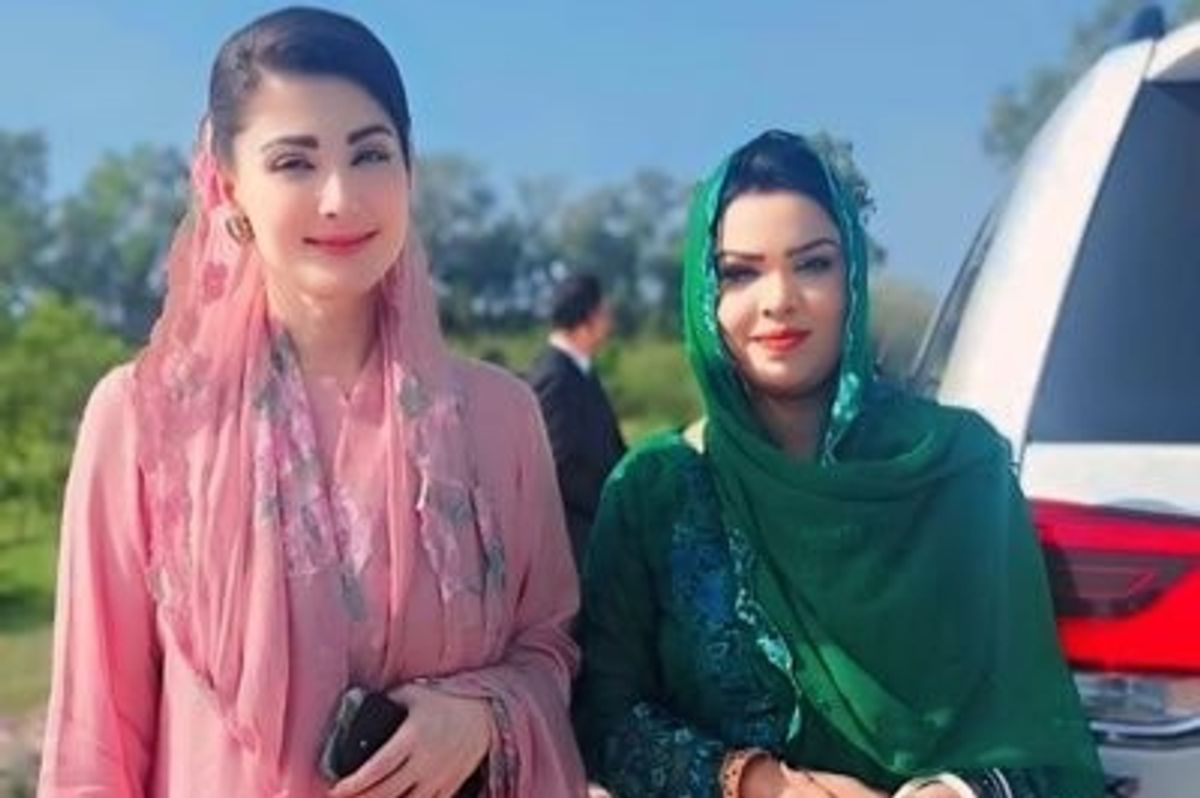
A complaint was lodged against Punjab Assembly member Sonia Ashir under PECA, accusing her of spreading misinformation about a rape case verdict.
The case highlights how PECA is used beyond political opponents and extends to lawmakers within the ruling party.
February 9 – Journalist booked in Sahiwal
A journalist from Hum News, Shafiq alias Phool, faced charges under PECA for allegedly misreporting an internal dispute within a bar council.
The case was filed by a local lawyer, showcasing PECA’s increasing use in personal grievances.
February 9 – PTI lawmaker targeted
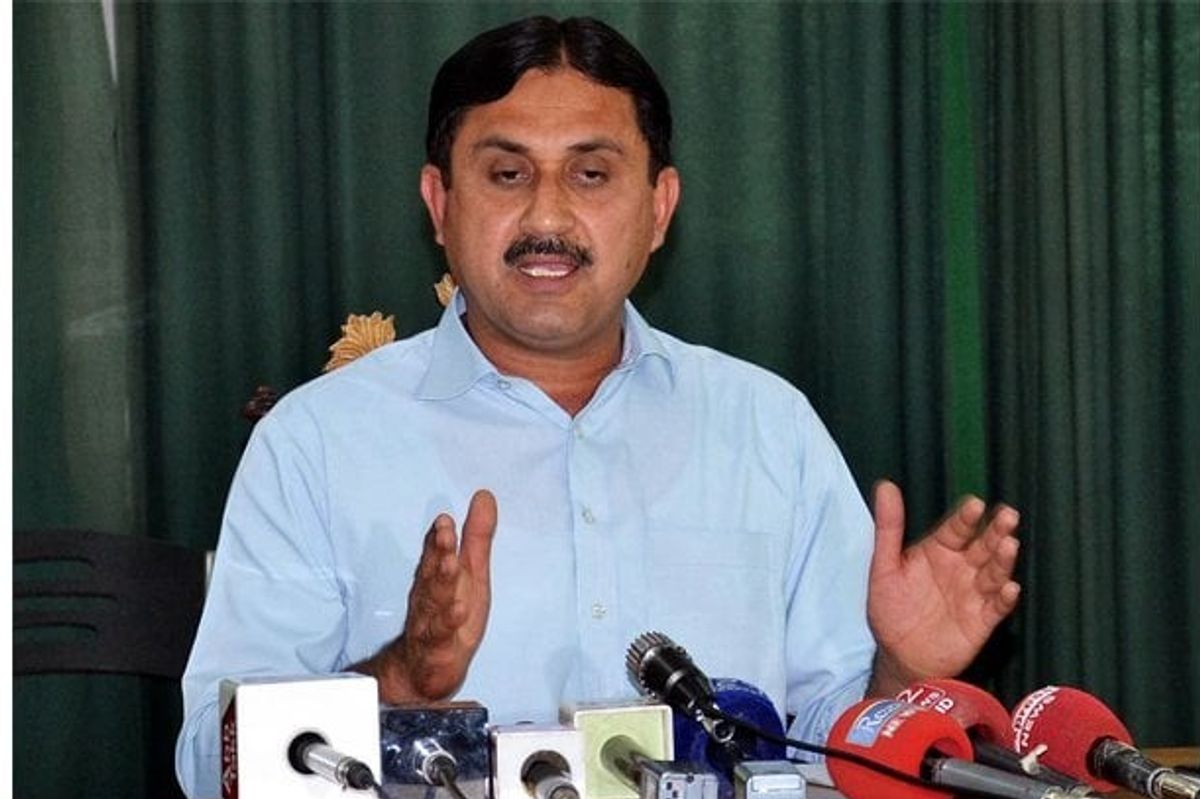
PTI MNA Jamshed Dasti was booked under PECA, along with MPA Zahid Ismael Bhutta and several supporters, on charges including incitement, obstruction of public servants, and issuing threats.
The FIR alleges that Dasti and his associates confronted police officers, chanted anti-government slogans, and threatened law enforcement personnel.
His legal team has dismissed the charges as politically motivated.
Bizarre and unusual cases under PECA
March 19 – 34 individuals charged in Dadu over ‘fake news’
Dadu police registered a case against 34 people for allegedly spreading false information about a bomb blast targeting the Senior Superintendent of Police (SSP).
The suspects, accused under PECA Section 20, remain at large.
March 23 – Shopkeeper booked for viral video of traffic police
In Rawalpindi, a case was registered under PECA Section 21(1)(d) after a shopkeeper filmed and posted a video of the traffic police towing a wrongly parked vehicle.
The video, which went viral, allegedly incited public hatred against the police. Authorities claimed the vehicle had been legally ticketed and was parked outside the shopkeeper’s premises.
April 4 – Police officer arrested over social media post against president
A Station Investigation Officer (SIO) from Ibrahim Hyderi, Karachi, was arrested under PECA after allegedly posting objectionable remarks about President Asif Ali Zardari on Facebook.
The FIR, filed by Sukhan police, stated that the officer's comments were offensive and hurtful to public sentiments. The officer was later released on bail while investigations continued.
- YouTubewww.youtube.com
‘PECA grants authorities unchecked power’
The rapid expansion of PECA’s use has drawn concern from human rights organizations, press freedom advocates, and opposition parties.
Critics argue that the law has turned into a digital bludgeon, wielded against voices critical of the state. The trend suggests a calculated effort to silence dissent, reinforce state narratives, and control the digital space in Pakistan.
In conversation with Nukta, veteran journalist Nasir Zaidi criticized PECA as a tool to suppress citizens rather than uphold justice. He highlighted that laws in Pakistan are often crafted to strengthen individuals in power while curbing fundamental rights. He stressed that citizen journalism is a growing global phenomenon and should be encouraged instead of being stifled by repressive laws.
He recalled how the Pakistan Federal Union of Journalists opposed PECA during Imran Khan’s tenure, forcing the government to pass it via a presidential ordinance.
The amendments, he warned, grant authorities unchecked power, making it difficult for journalists to conduct objective reporting without fear of legal action.
Zaidi further noted that the government did not consult key stakeholders while introducing the latest PECA amendments. He questioned how cases that were previously civil matters are now being treated as criminal offenses under the law.
According to him, PECA is being used to silence investigative journalism, forcing many journalists to either self-censor or face legal consequences. He warned that if these trends continue, only "courtier reporting" will remain, as independent journalism will be systematically eradicated.
Draconian law
Lawyer and political analyst Abdul Moiz Jafferi described the PECA amendments as “a draconian impediment upon free speech and expression.” He noted that the law is “deliberately vague in its construct,” which opens the door for abuse by state institutions.
“Within months of its enactment, we already have a list of victims of executive overreach,” he said. “The amendments place unreasonable restrictions on speech and establish arbitrary standards that investigative agencies can easily exploit.”
Jafferi criticized the judiciary’s response to challenges against PECA. “The high courts, since the 26th amendment, have acted like a captured judiciary. They’ve refused to recognize flaws in the law itself and are instead waiting for clear examples of abuse.”
“Now that we have solid evidence of that abuse, we’ll have to see how the courts respond to this stain on the legal code.”
Advocate Iman Mazari also condemned PECA as a strategic tool to silence critics through SLAPP (strategic litigation against public participation) suits, financially and legally exhausting journalists and activists.
She emphasized that suppressing press freedom directly affects citizens' rights to access information and participate in political discourse.
She also noted that PECA’s broad application has created a chilling effect, discouraging free expression and investigative reporting. Despite the government’s legal onslaught, she asserted that social media remains a critical space for information in Pakistan.
Govt defends PECA
Parliamentary Secretary on Information and Broadcast Danyal Chaudhry, while speaking to Nukta, defended PECA, stating that the law primarily helps victims of cyber harassment and misinformation seek justice.
He argued that prior to PECA, individuals posing as journalists engaged in blackmail and character assassination without consequence.
The law, he claimed, ensures accountability and prevents the misuse of press freedom by unverified individuals.
Defense Minister Khawaja Asif, in an interview, said Pakistan’s political and media landscape has become increasingly hostile in recent years, with social media playing a major role.
"There wasn’t as much bitterness in journalism before. That’s why the reaction we’re seeing now is equally intense," he said.
He criticized journalists who raise concerns about the dignity of Balochistan Liberation Army (BLA) militants killed in operations but do not speak about the dignity of those killed by such militants.
"Many journalists sit abroad and speak against Pakistan," he added.
Using a personal example, Asif said political rivalries should not strip individuals of basic decency.
"For instance, you may oppose me, or I may oppose you. But beyond our political differences, there should be mutual respect, especially for our women. Unfortunately, that’s not happening, and the honor of mothers and daughters is being trampled. In such a situation, a reaction is inevitable."
He urged fellow journalists to condemn unethical behavior within their ranks.
"For example, if you have a personal enmity with Khawaja Asif, say whatever you want about me. But at least respect the dignity of my family," he said.



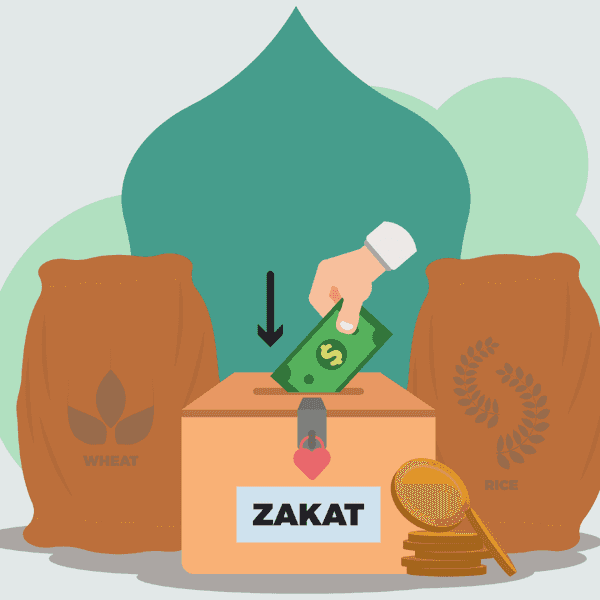
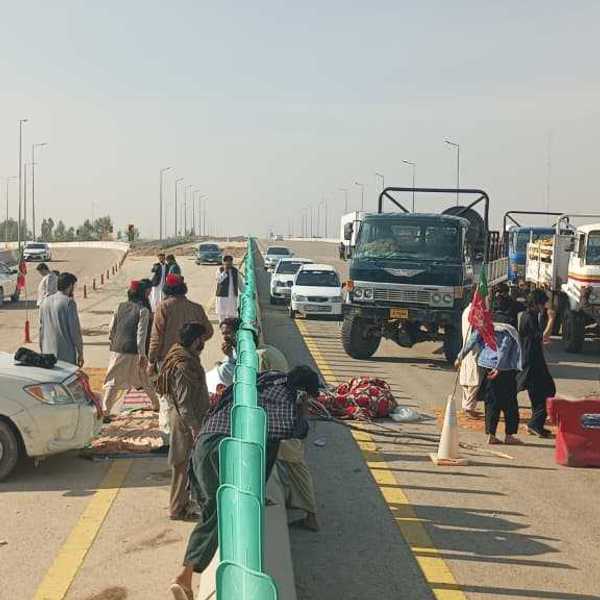


Comments
See what people are discussing